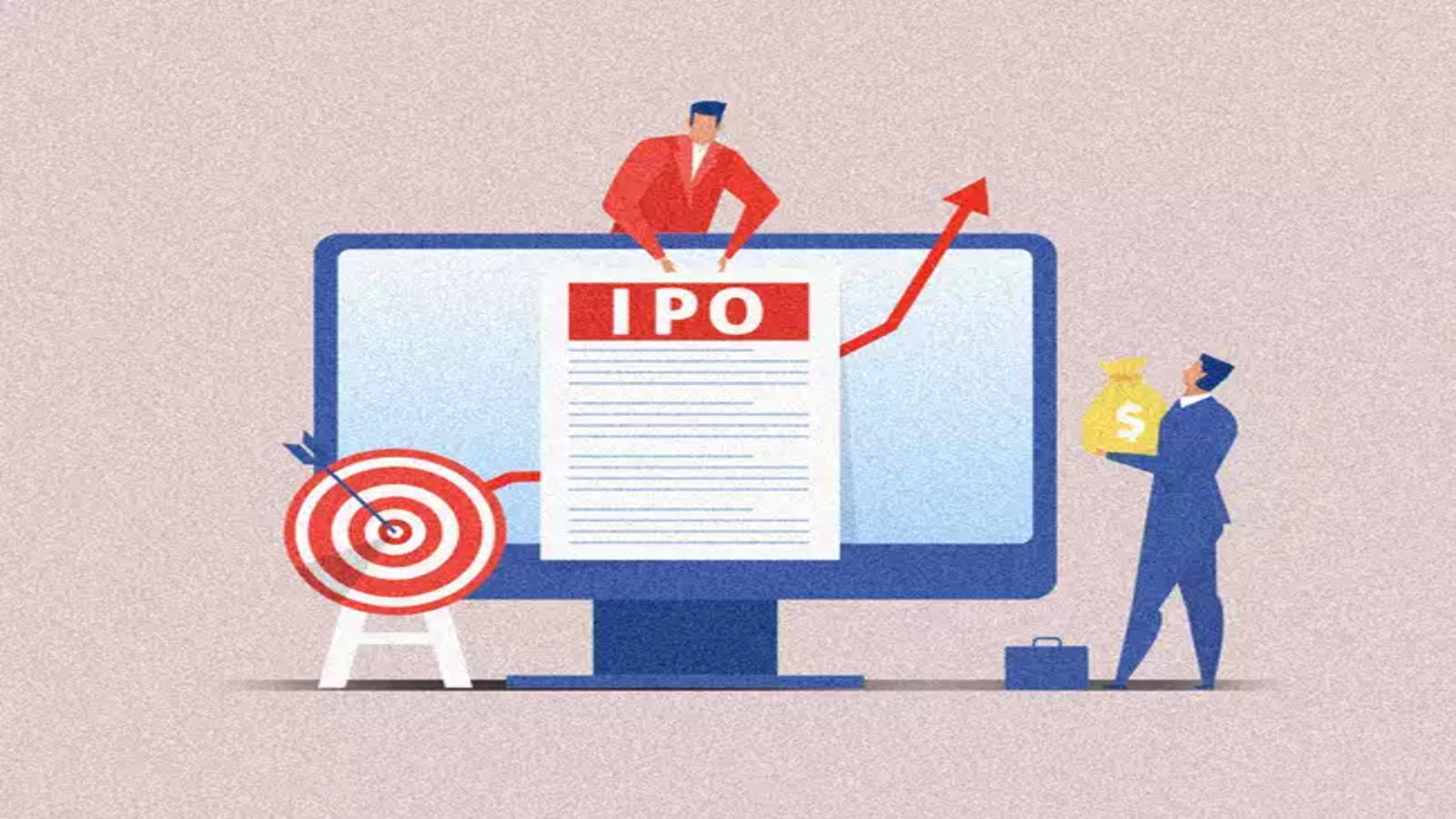Initial Public Offerings (IPOs) signify the process through which a private company transitions to a publicly traded entity by issuing its shares to the public for the first time. Understanding the potential of newly added companies is vital as it allows investors to make informed decisions. These offerings feature the availability of company shares to the general public, often accompanied by a surge of media attention and investor interest.
Essentially, an IPO represents a critical growth phase for companies and a moment of opportunity for investors. This article delves into how to identify promising stock launch opportunities by examining market trends, company fundamentals, and strategic timing. By reading this, investors will gain valuable insights into enhancing their ability to spot worthwhile investments and make the most of emerging opportunities.
Understanding the Landscape
Before exploring specific opportunities, it is crucial to understand the broader landscape. Each year, numerous companies go public, offering a wide range of investment prospects across various industries. Begin by educating yourself on the basic idea of public offering, its work policy, and the phases leading up to a company’s listing. It is also essential to understand the market sentiment, which includes assessing the demand potential for new stock and the potential of tech companies dominating the scene. Keeping your finger on the market’s pulse informs your decisions and tunes you into the broader economic signals, which can be incredibly revealing.
Evaluating Company Fundamentals
Evaluating the fundamentals of companies preparing for an initial offering includes a few key factors to consider:
Business Model: It is important to comprehend how the company generates revenue. Assess whether its model is sustainable in the long run and whether it has a clear route to profitability or is merely depleting its cash reserves.
Financial Health: Examine financial statements for revenue growth, profit margins, and cash reserves. A healthy balance sheet can be a good indicator of a company’s stamina to withstand market uncertainties.
Leadership Team: Companies are more than their products; they are also their people. Evaluate the experience and track records of the CEO and management team. Strong leadership can significantly improve a company’s ability to capitalise on opportunities and navigate challenges.
Market Potential: Evaluate the industry landscape to determine the company’s position. Consider whether the market is expanding and if the company possesses a significant competitive advantage.
Assessing Market Conditions
Timing is everything. An IPO during a market downturn or low investor sentiment can affect its initial performance. Conversely, a buoyant market can elevate even the most average stocks. It is vital to assess what you are buying and when. Moreover, consider the geopolitical and economic environment. Factors like interest rate changes, political instability, or global economic slowdowns can significantly influence stock market behaviour, impacting market debuts.
Making an Informed Decision
After your due diligence, the final piece of the puzzle is making your decision. This involves synthesising all the information you have gathered and listening to your logic and instincts. However, no investment is without risk, but informed choices usually offer the best defence against unexpected market movements. Investing in market listing requires a balance of knowledge, timing, and gut feeling. It is about connecting the dots between different pieces of information and seeing the bigger picture. While the process can seem daunting, the potential for significant returns makes it a worthwhile endeavour for many investors.
Therefore, selecting a potential IPO is paramount for those aiming to maximise their investment portfolio and accelerate profits. As discussed above, this strategic choice can offer early access to shares of innovative companies before they become recognised market leaders. Thus, understanding the basics of stock market investing is crucial; it equips you with the knowledge to make informed decisions and spot high-potential opportunities.





Be First to Comment